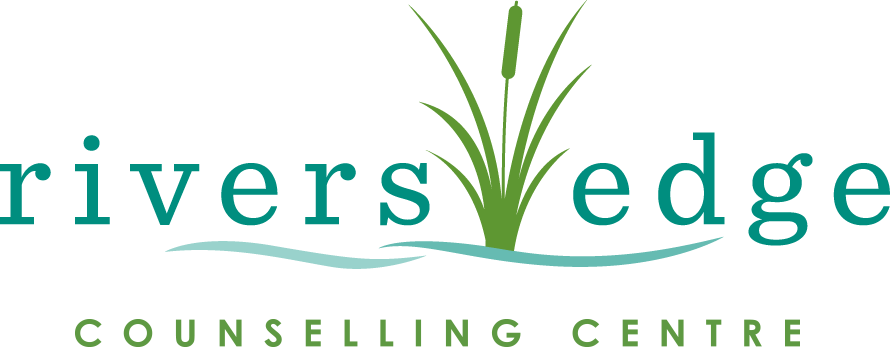Relationships with food can be complicated. On the one hand, eating can be enjoyable, nourishing and we need food to survive. On the other hand, food can sometimes provoke deep-rooted feelings around body image, health, weight, and control. Sometimes people develop unhealthy relationships with food and patterns of disordered behaviours emerge. Disordered eating can cause significant distress, anxiety and shame, as well as serious health problems. It can affect anyone: men and women, children, teenagers, and adults. Some people struggle with them for a brief period and for others the battle is lifelong. Some people experience a mild form of disordered eating, while others may fit the criteria for diagnosis of an eating disorder. The most frightening thing about eating disorders is that unlike some mental health issues, if these problems are left untreated, they can be fatal.
For this reason, it is vital that you seek treatment for yourself or a loved one if you see signs of a problem.
At Rivers Edge Counselling Centre we have a team of dedicated and experienced therapists who can help you to identify and heal from eating disorders. We can work with you to nurture a healthy and even joyful relationship with food and eating.
Types of eating disorders
Anorexia Nervosa
Bulimia Nervosa
Binge eating disorder
Food addiction
Orthorexia Nervosa
Purging disorder
Eating disorder not otherwise specified (EDNOS)
Pica
Avoidant/Restrictive Food Intake Disorder (ARFID)
Compulsive exercise
Warning signs and symptoms of eating disorders:
Note: the physical, psychological and behavioural signs and symptoms of eating disorders can vary widely depending on the type of disorder.
Physical signs
Rapid weight loss or frequent weight changes
Loss or disturbance of menstruation in girls and women and decreased libido in men
Fainting or dizziness
Feeling tired and not sleeping well
Lethargy and low energy
Signs of damage due to vomiting including swelling around the cheeks or jaw, calluses on knuckles, damage to teeth and bad breath
Feeling cold most of the time, even in warm weather
Psychological signs
Preoccupation with eating, food, body shape, and weight
Feeling anxious and or irritable around meal times
Feeling ‘out of control’ around food
'Black and white' thinking (e.g., rigid thoughts about food being ‘good' or ‘bad')
A distorted body image
Using food as a source of comfort (e.g., eating as a way to deal with boredom, stress or depression)
Using food as self-punishment (e.g., refusing to eat due to depression, stress or other emotional reasons)
While there is no test for eating disorders, this screening tool can help you identify if you may be suffering from one. Be sure to discuss the results of this screener with one of our therapists.
Eating disorder counselling can help:
Identify and understand the signs and symptoms of the eating disorder
Make a management plan for dealing with triggers
Learn to curb urges and lessen obsessive thoughts around food
Address some of the underlying psychological issues around body image, control, or weight
Address any physiological problems from the disorder and work to keep a healthy diet and eating schedule.
Create a support network of friends, family and sometimes others with similar struggles.
Work to establish a healthy and happy and nutritious relationship with food.
other common challenges:
Note: Information provided is not diagnostic or a substitute for professional advice.

